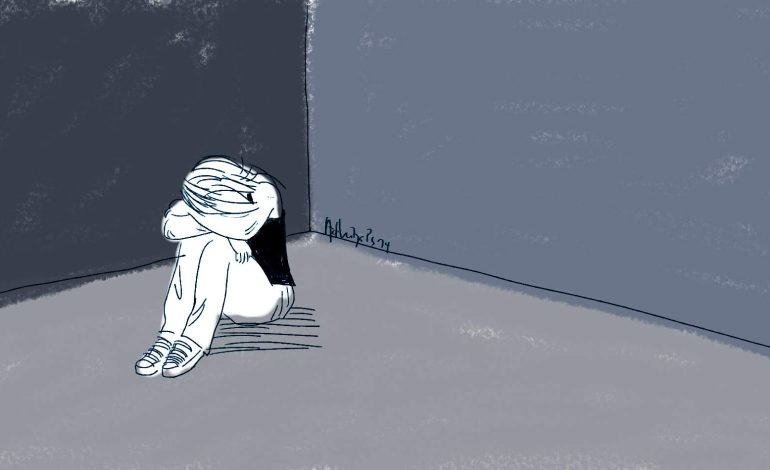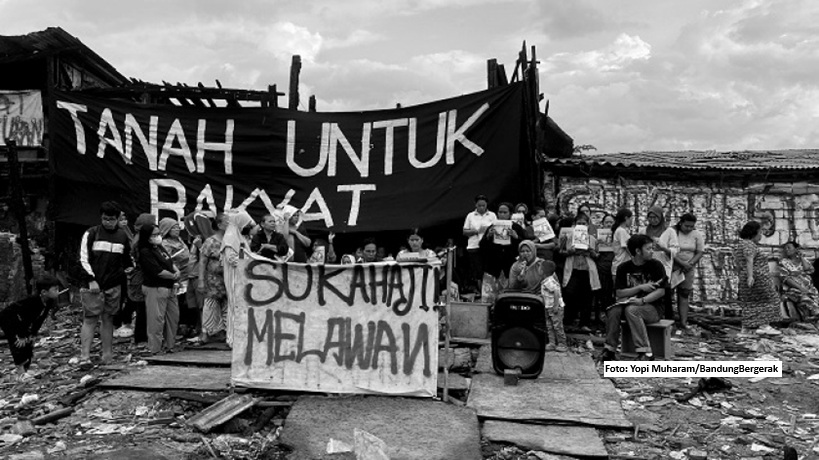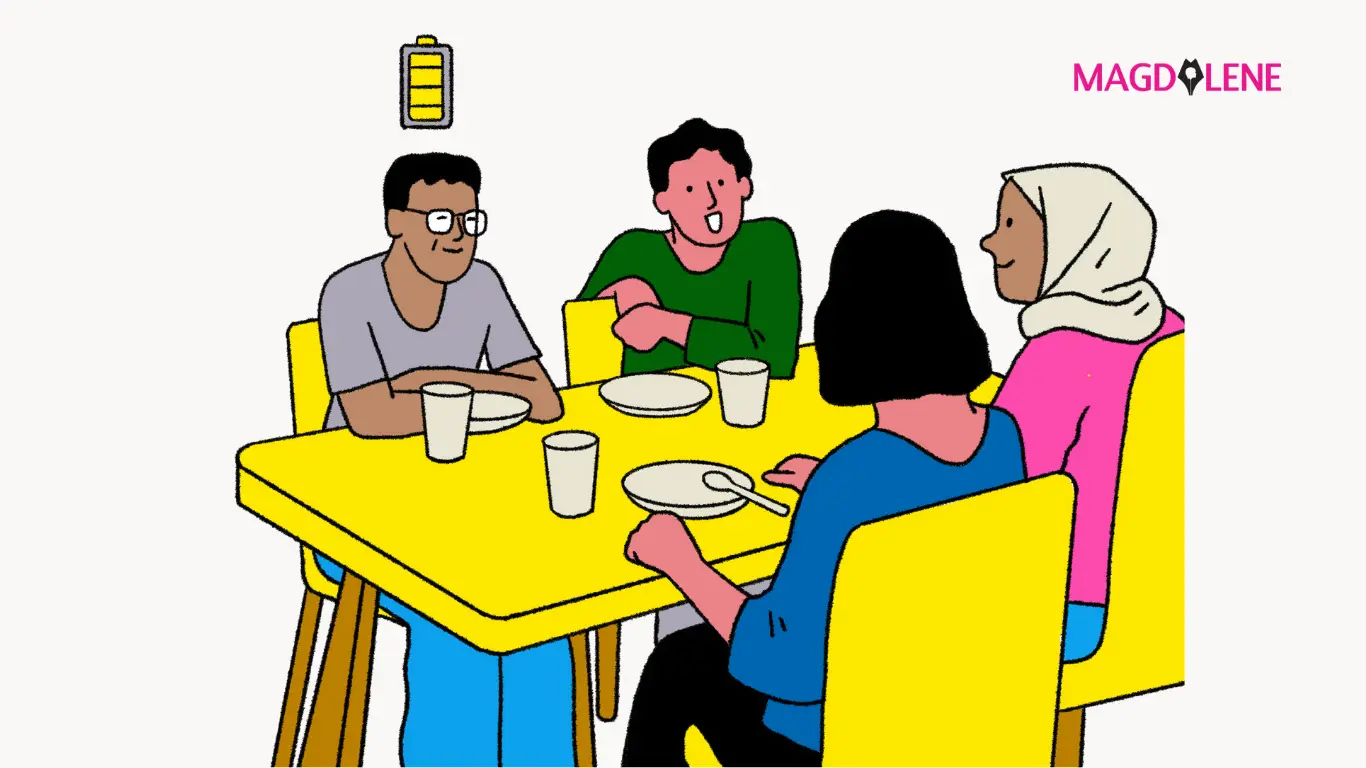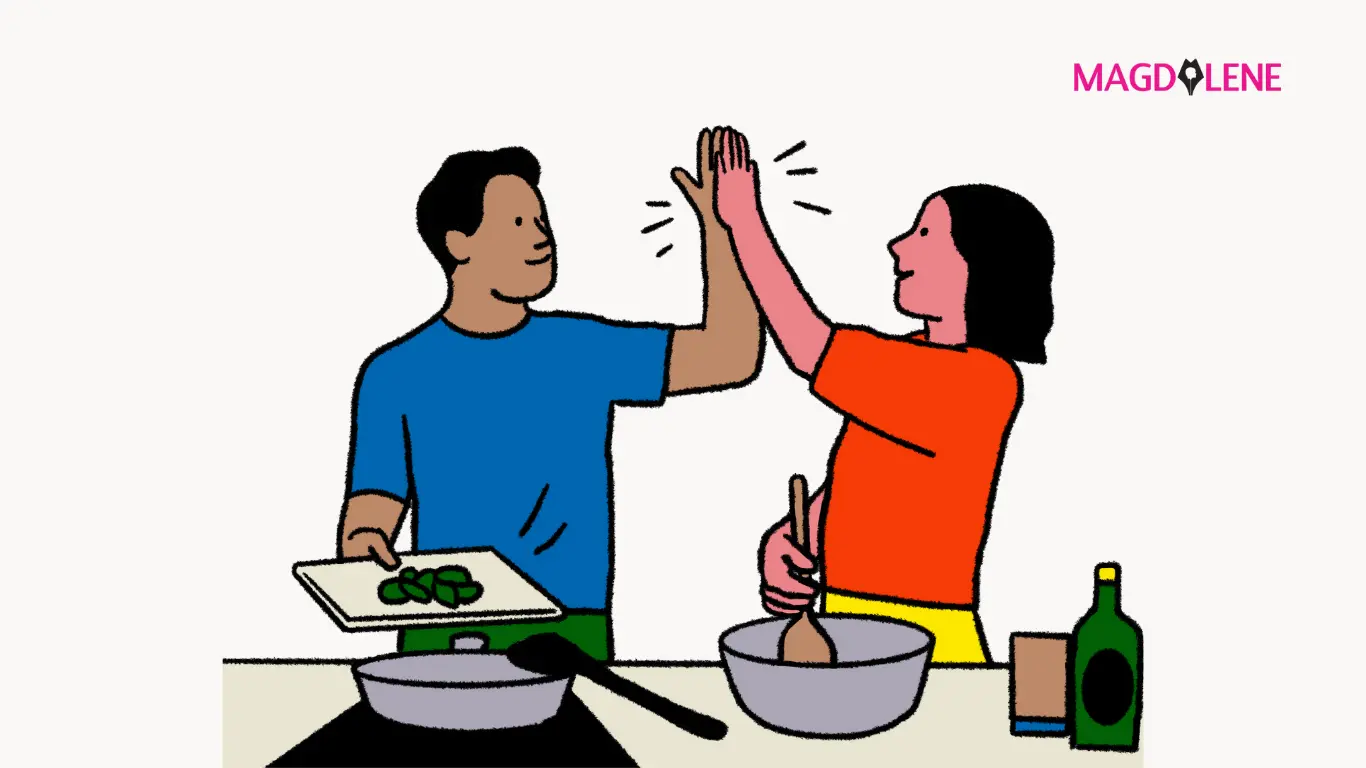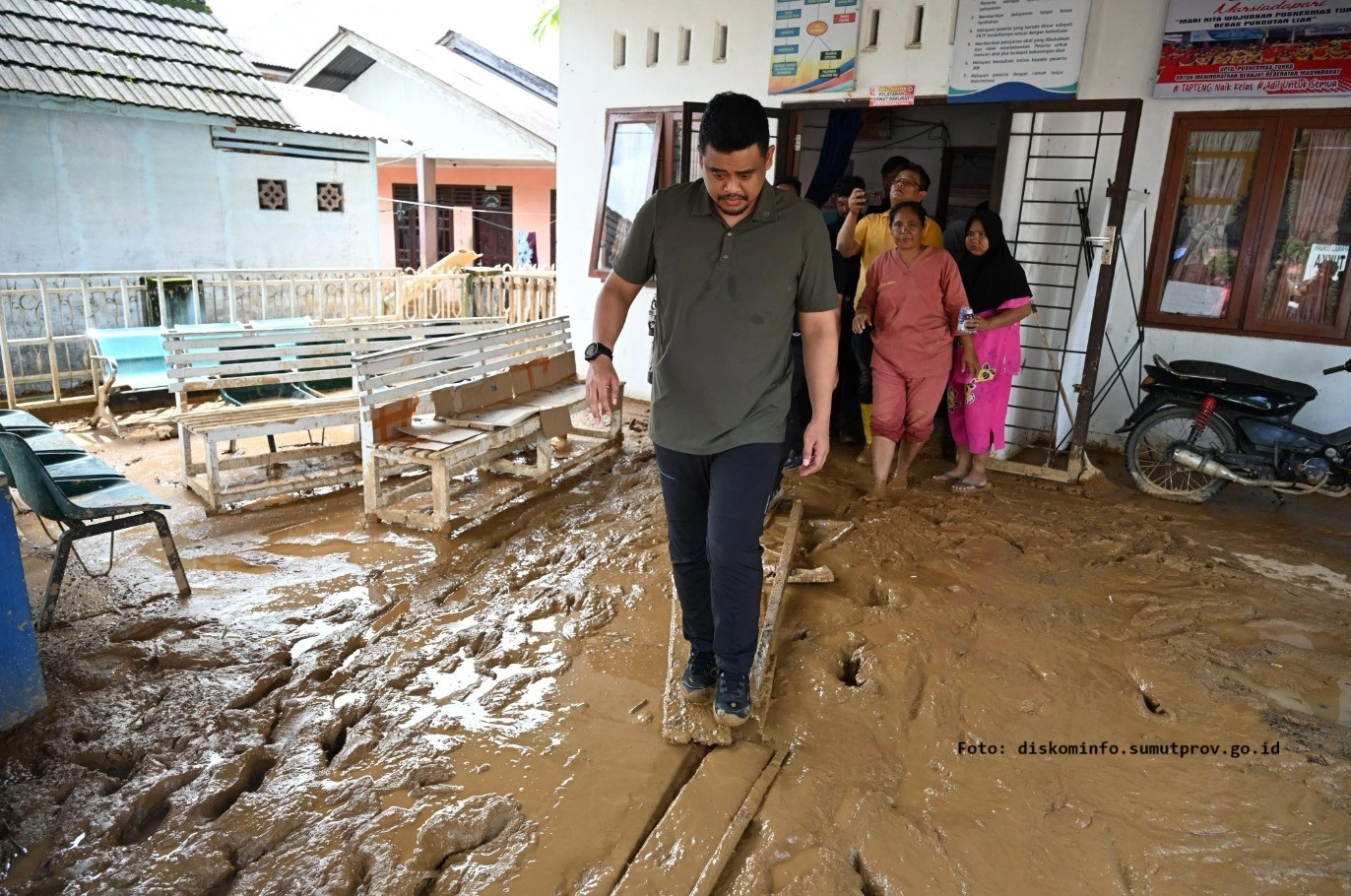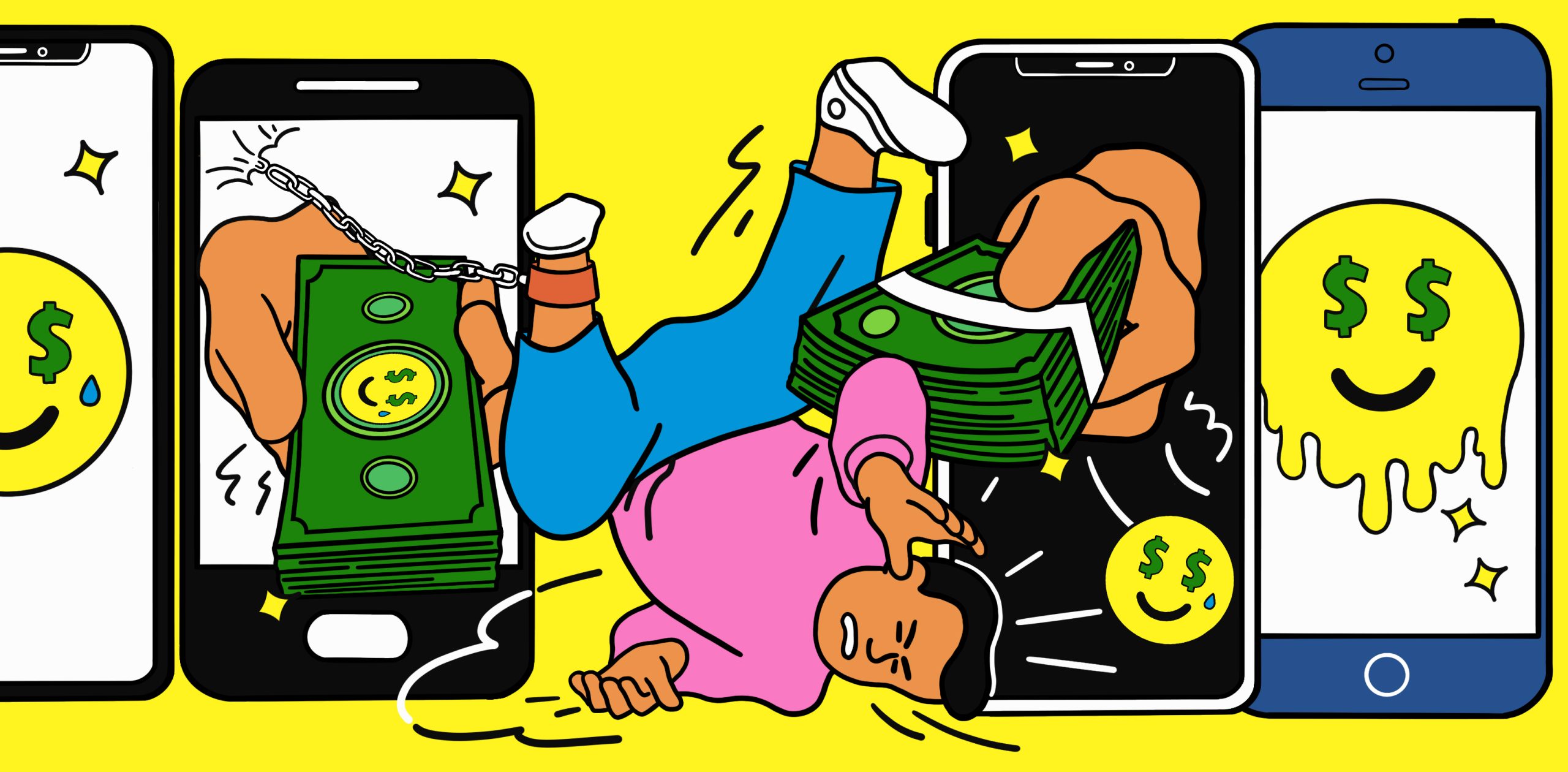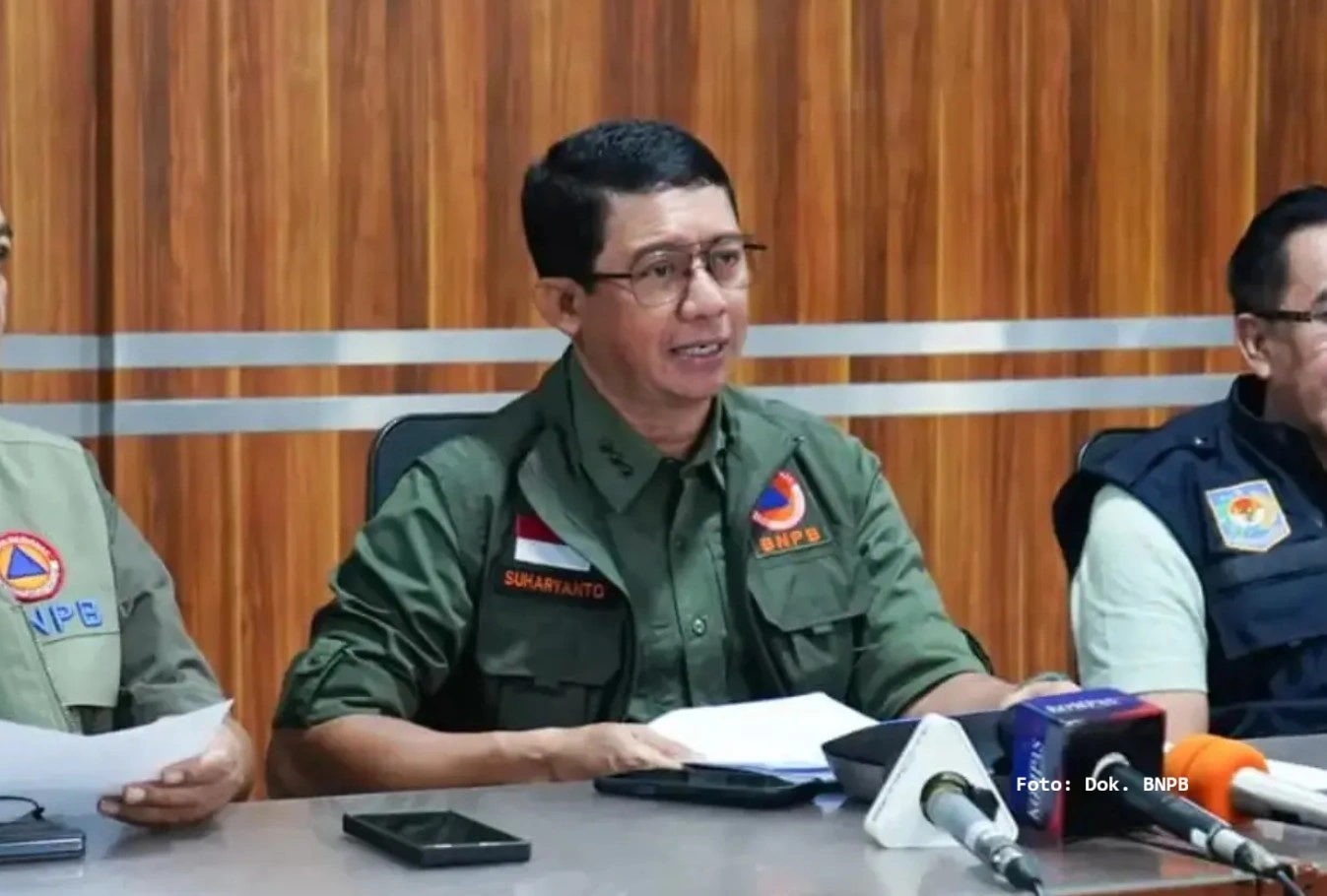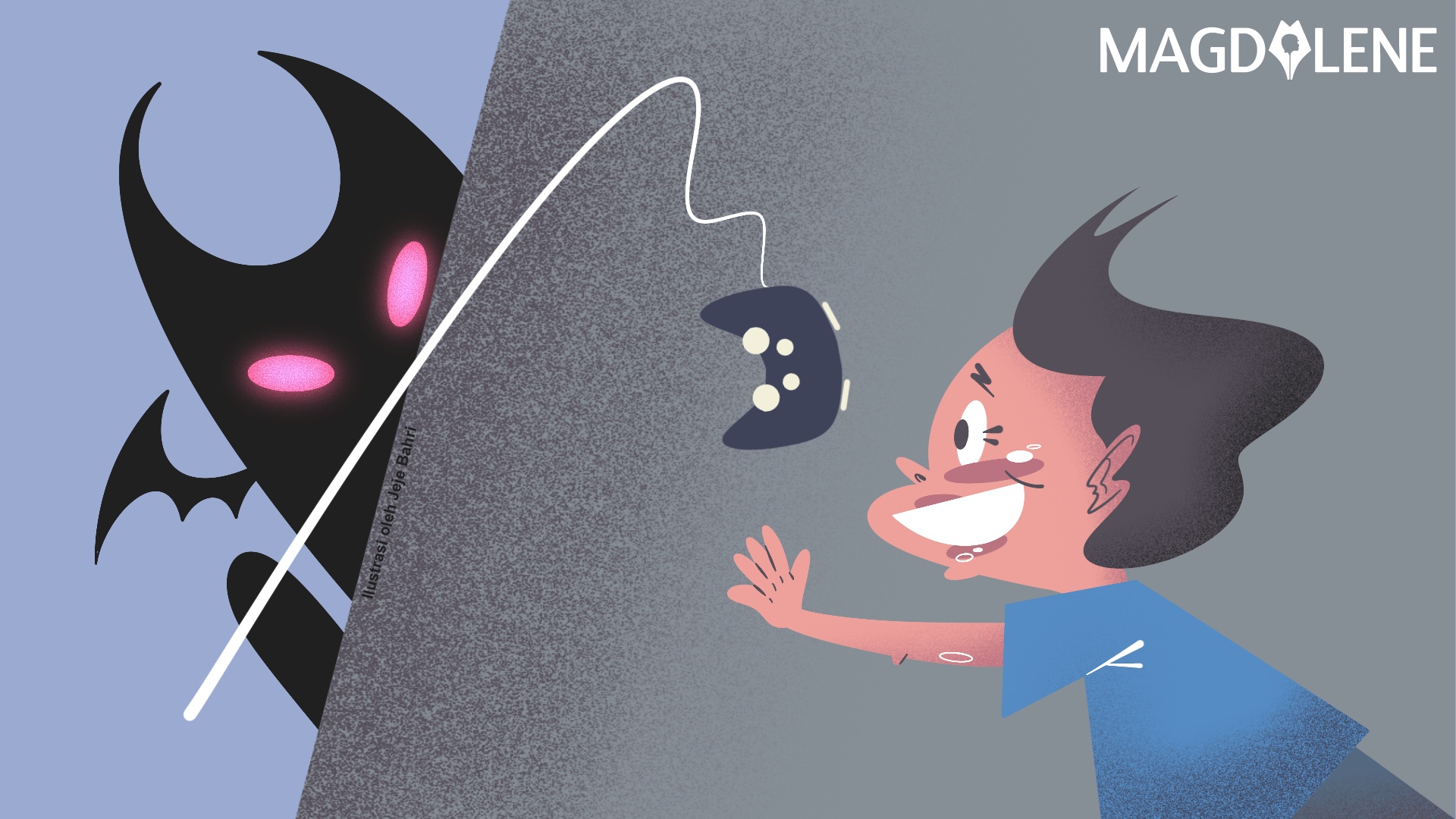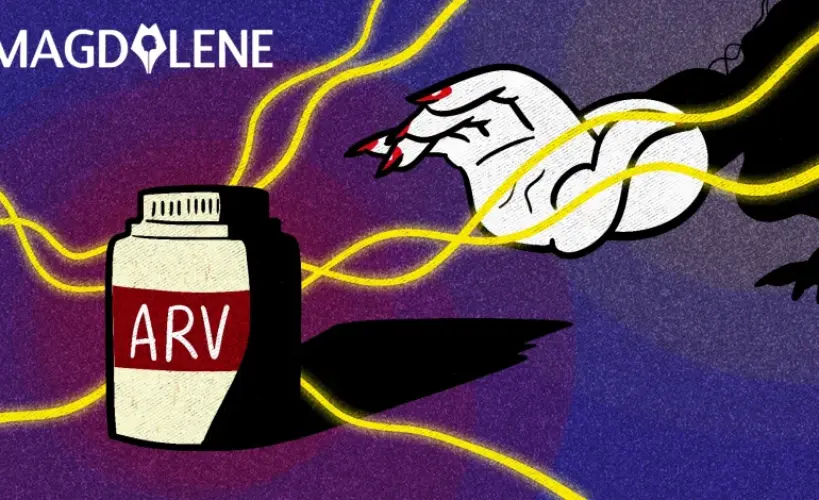A Linguist and Couch Potato? Try Subtitling for Money
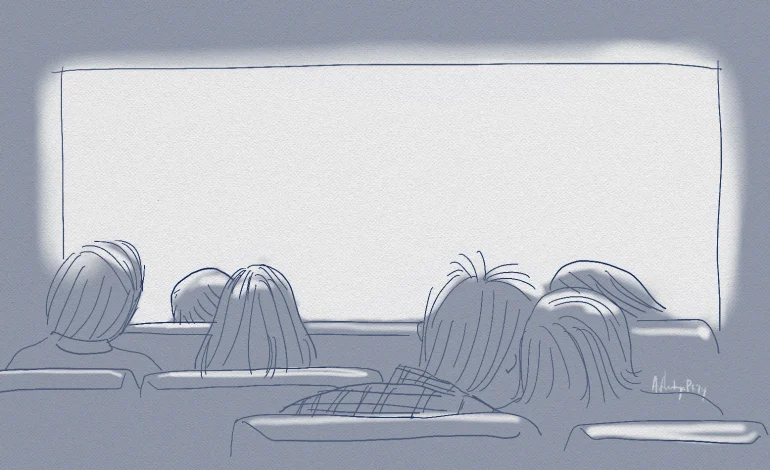
If you’re the type who reads the subtitles on a TV show, then you probably know that it can either enhance or ruin your experience of watching the program.
You’ve also probably seen the work of Varadilla Nurdin, 29, a freelance film programmer and one of the few who has provided Indonesian subtitles to television programs on cable TV. In the last few years she has honed her skill both as a “subtitler” and a couch potato, at least that’s how she put it, though she only does it occasionally these days.
“If you ask me, this job is suitable for a couch potato,” she says in an interview.
“No, really. If you’re used to spending your time watching television, you are used to hearing expression, slangs or terms used in a language you don’t speak on a daily basis. That actually helps you understand the language, and your translating process will become easier.”
Hers was not so easy at first, as she never spent a lot of time watching TV before. A friend offered her the job, and being recently married, she thought it would be perfect for her. It took a little adjustment before she settled in the new job, however.

After applying, she was put in training and was then given a transcript of a 30-minute sitcom to translate. The results were then reviewed and revised, and after several transcripts, she passed the test. Then she had to take another training to use the translation software. This is the make-or-break part of the training.
“A lot of people are willing to take the job, but they cannot stand the rigid process in using the translation software. It only works in Windows operating system and is actually easier than using Final Cut Pro or Adobe if you’re familiar with those two applications. Still, it took me around two months before I finally got used to it.”
Once she had mastered the software, her work became more efficient. It takes her around a day on average to finish subtitling a program.
“Let’s say a program has 800 subtitles – a subtitle is the line you see at one time when you watch a program – on average I could finish 100 subtitles per hour. So it’s pretty much like doing a 9-to-5 work.”
In the two years she worked full time for a subtitle provider company, Vara had her fair shares of challenges.
“One of the toughest subtitling jobs I have ever taken was doing Julie Taymor’s The Tempest. Those Shakespeare’s line – my God!” she says.
But the reality shows are the worst, she says.
“The characters never stop talking! Sometimes they don’t even finish their sentence properly. If a one-hour show usually has 800 subtitles on average, a reality show can rack up to 1,500 subtitles, which is about the number of subtitles of one episode of Real Housewives of New York.”
And the easiest?
“Definitely concert shows!” she says laughing.
“Those shows like MTV concerts, where the bands only greet audience before they perform.”
Musical films or series are a different breed of animal, however.
“Songs in musical films or series are considered a part of dialogue or lines spoken by characters, so they need to be translated. The challenge is to find the right translation to fit in the song and the film. I once did a musical episode of Xena: The Warrior Princess, and it was fun!”
Each subtitle company has its own rules and regulations on the style of subtitling, all of which goes by the Standardized Indonesian Spelling. The work is then sent to a local coordinator for reviewing, before going through quality control at the headquarters for final checks. During this process, the subtitles may undergo some changes.
“Back when I started I had no cable TV at home, so I had no idea how I fared,” she says.
“But later after I subscribed to cable TV, I got to see some of my work and the changes that had gone into it, though the differences were usually not that great.”
One day after nearly a couple of years on the job, she found out that there were a number of free subtitles for downloads on the Internet.
“I only came across those towards the end of my tenure — if only I knew this any sooner, it would’ve saved my time!” she said jokingly.
“I had no idea who did this, since there are quite many of us, and many subtitling companies as well. If you wanted to take easier path, sure, you can just copy and paste. But what I’ve learn from this work by watching, translating, re-watching, and perfecting my skill while getting paid at the same time is priceless. The hard work pays off in the end.”
Vara has since only returned occasionally to subtitling work, but she admits that her language mastery of formal Indonesian has improved greatly. It helps in her current line of job as a program designer for film festivals, for which she has to write a lot of business proposals.
If anything, she now knows that she can always fall back on being a couch potato, while making good money doing subtitles.
About Nauval Yazid
Nauval Yazid swamps himself organizing various film festivals in town over the past eight years. He also distributes, markets and promotes local film releases in between.

